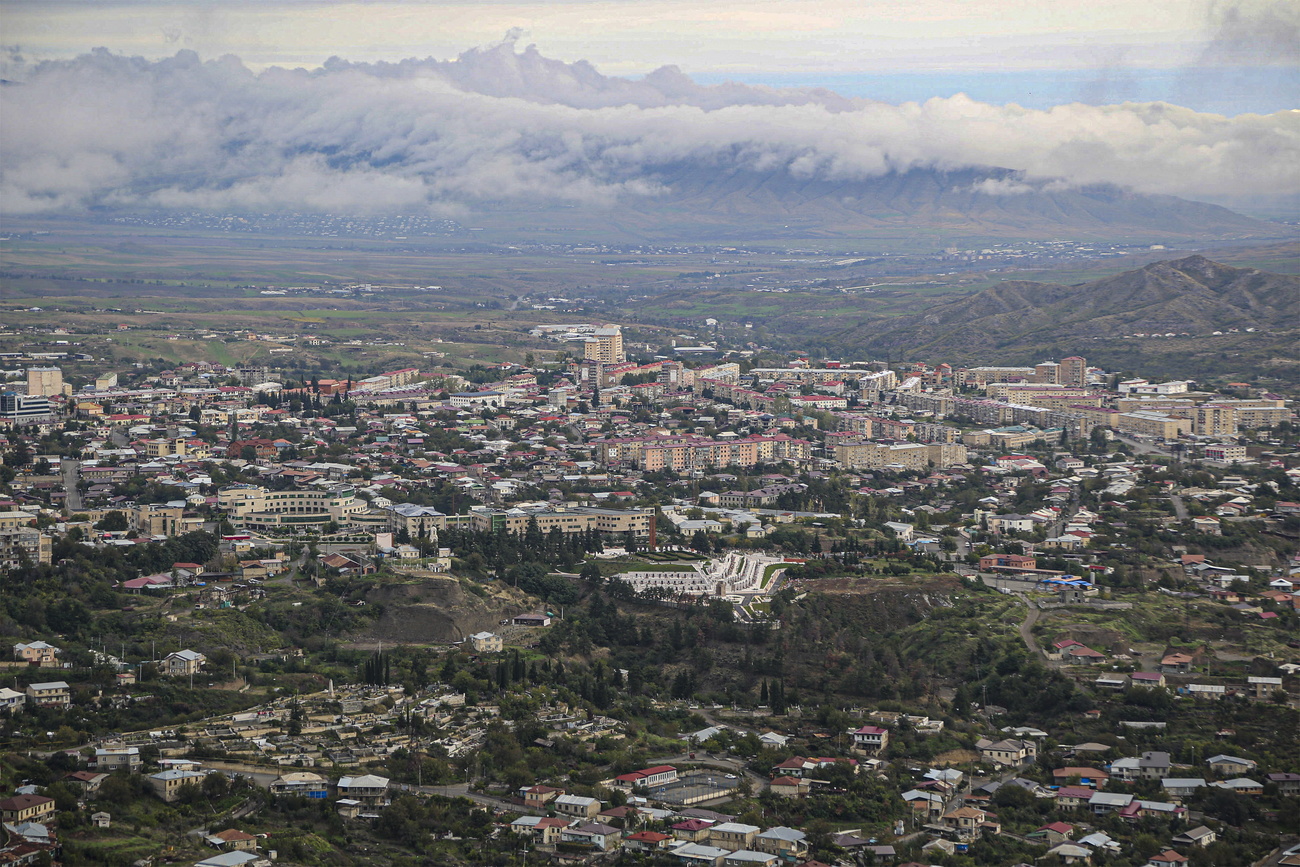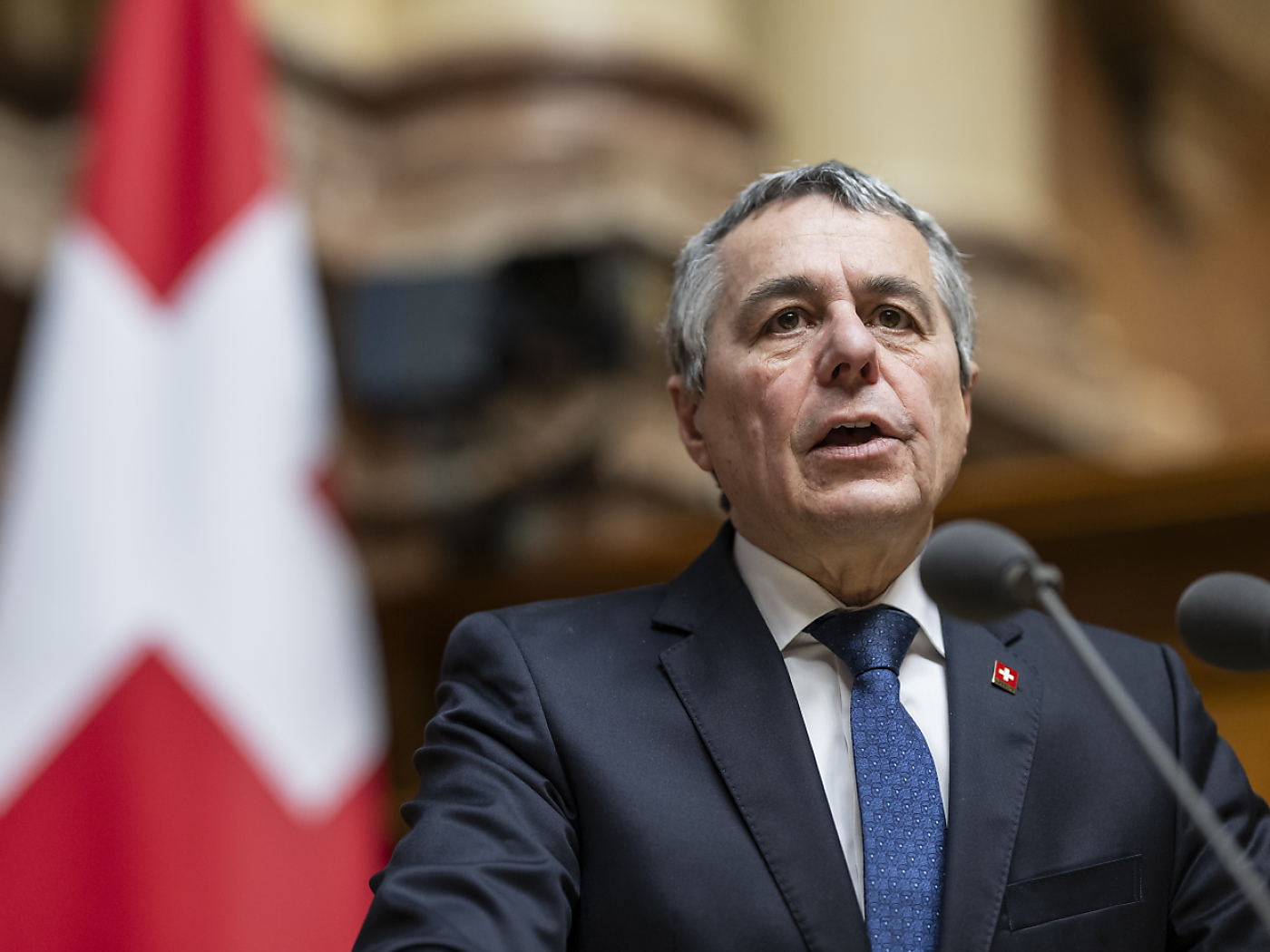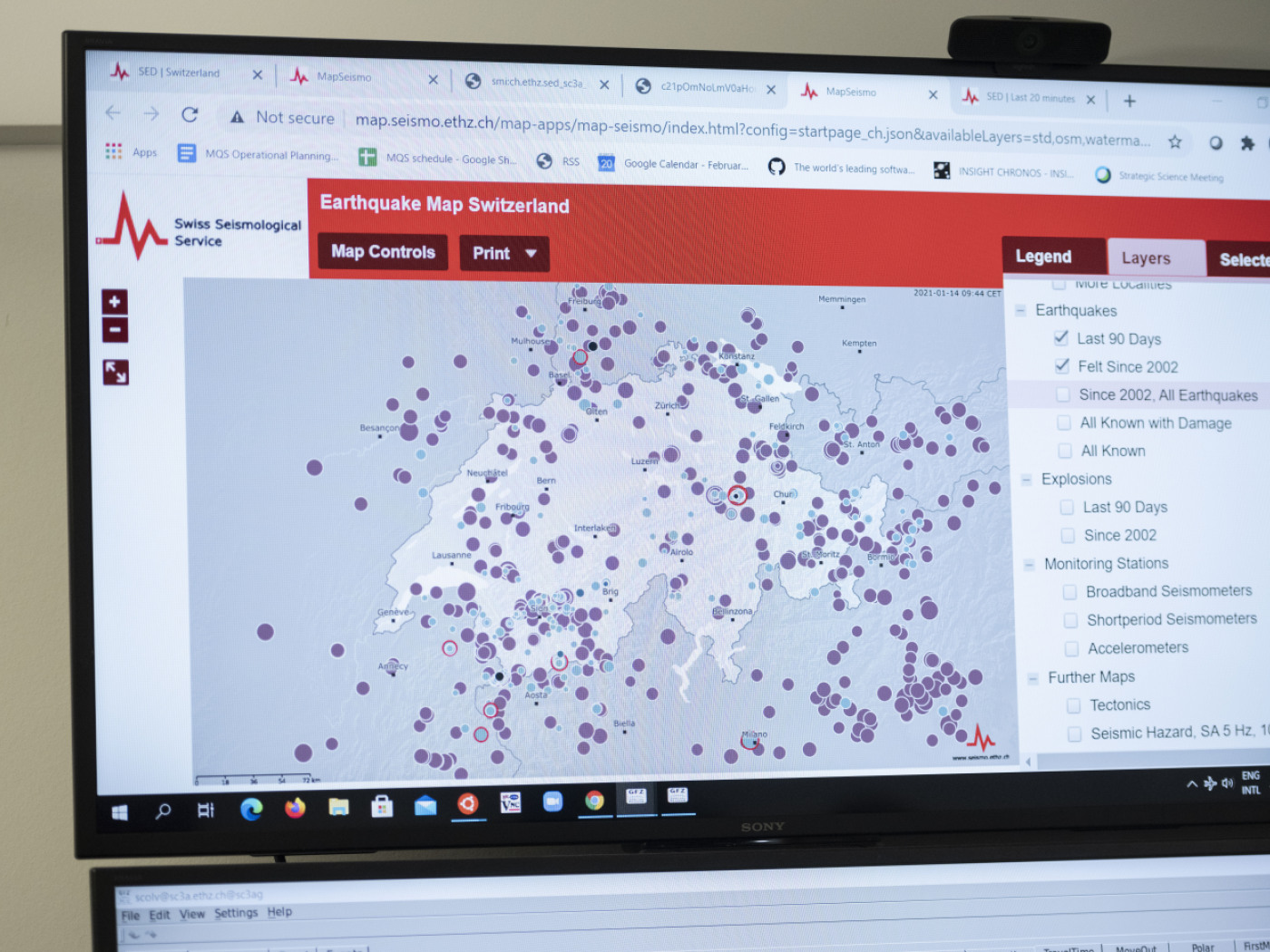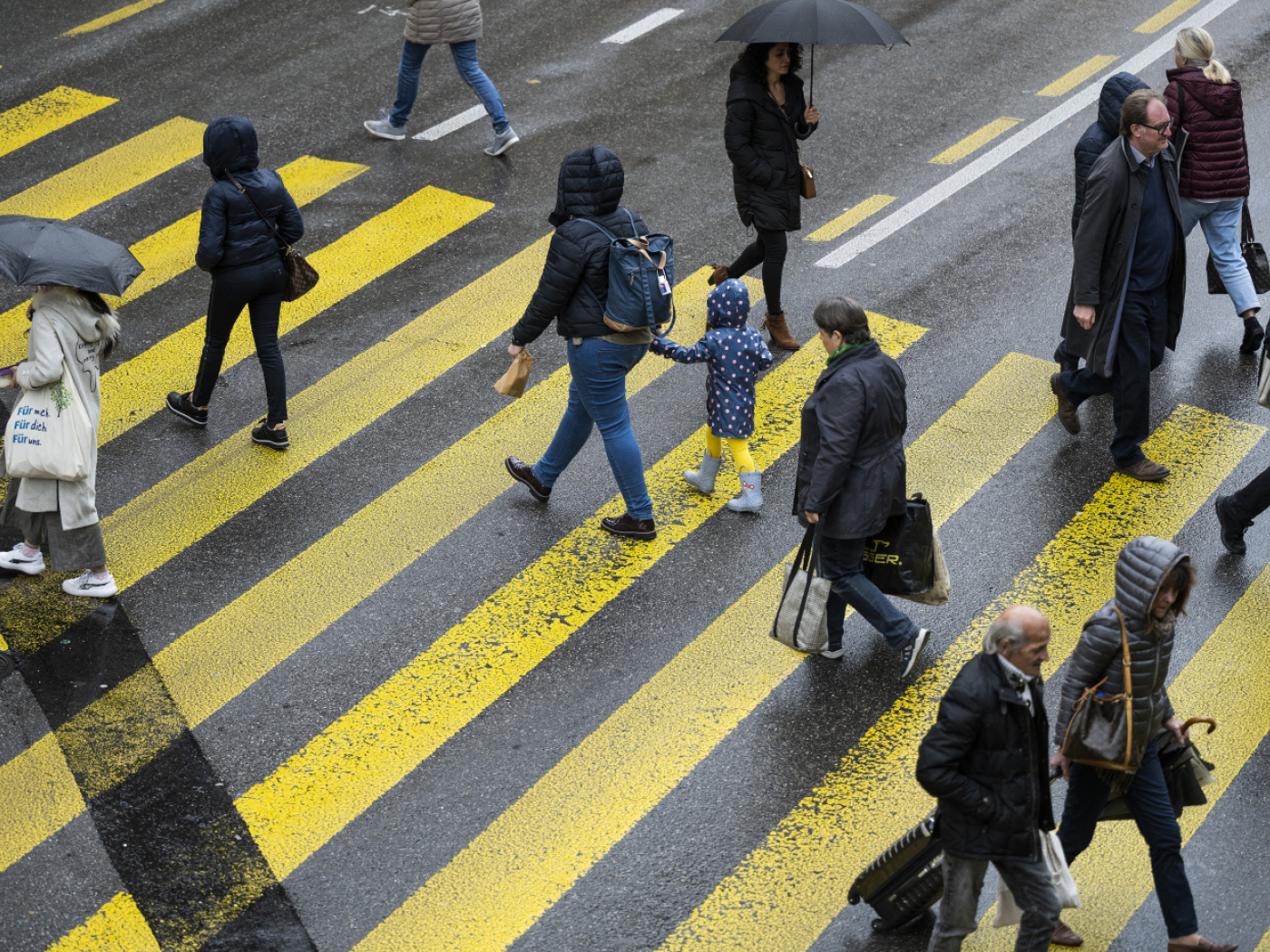
Swiss lawmakers promote Nagorno-Karabakh peace initiative

Swiss parliamentarians are establishing a committee to attempt to broker a peace initiative for Nagorno-Karabakh.
+Get the most important news from Switzerland in your inbox
The body will create a discussion forum for representatives of Nagorno-Karabakh and Azerbaijan to discuss the situation, according to Swiss public broadcaster SRF.
Azerbaijan forcibly conquered the Karabakh region in the autumn of 2023. According to common understanding, Nagorno-Karabakh belongs to Azerbaijan under international law. However, the region was primarily inhabited by Armenians and controlled by Armenia for decades.
+ The mysterious Swiss fixer for the Azerbaijan presidential family
After the successful conquest, the Azerbaijani army expelled the Armenian population from Nagorno-Karabakh. Almost 150,000 people were forced to flee to Armenia. Some human rights organizations speak of “ethnic cleansing.”
The International Court of Justice had already demanded that Azerbaijan allow the displaced Armenians to return.
Parliamentarians in Bern have now formed a committee calling for a Swiss peace initiative for Nagorno-Karabakh. They want Switzerland to work to ensure that the displaced Armenians can return to their homeland.
Swiss OSCE presidency
The committee enjoys broad political support. The House of Representatives and the Senate has already passed a motion for such a commitment to the displaced Armenians, which the government opposed.
Organizing a peace conference without an explicit request from the conflicting parties could be counterproductive, the Federal Council warned.
At the same time, the foreign ministry says Switzerland is ready to promote dialogue between Azerbaijan and Armenia, if both sides so desire. Furthermore, Switzerland has called for displaced Armenians to be given the opportunity to return safely to Nagorno-Karabakh.
Switzerland will hold the OSCE (Organization for Security and Cooperation in Europe) presidency in 2026. This framework may offer some opportunities to address the issue of the Karabakh refugees.
But it remains difficult to pressure Azerbaijan into making concessions. This economically and geostrategically important state is governed by an authoritarian regime and is well-equipped militarily.

More
Forum on peace in Nagorno-Karabakh to be held in Switzerland
Adapted from German by DeepL/mga
How we work
We select the most relevant news for an international audience and use automatic translation tools such as DeepL to translate them into English. A journalist then reviews the translation for clarity and accuracy before publication. Providing you with automatically translated news gives us the time to write more in-depth articles. The news stories we select have been written and carefully fact-checked by an external editorial team from news agencies such as Bloomberg or Keystone.
Did you find this explanation helpful? Please fill out the short survey below to help us understand your needs.

In compliance with the JTI standards
More: SWI swissinfo.ch certified by the Journalism Trust Initiative













































You can find an overview of ongoing debates with our journalists here . Please join us!
If you want to start a conversation about a topic raised in this article or want to report factual errors, email us at english@swissinfo.ch.